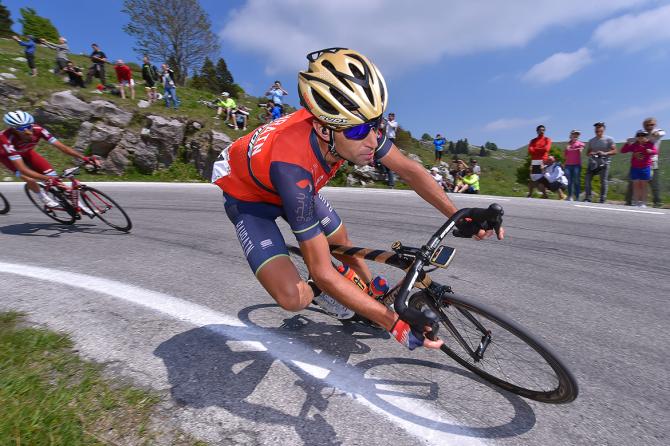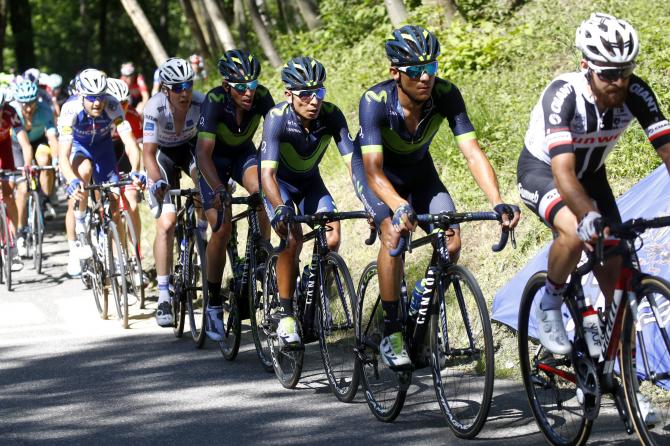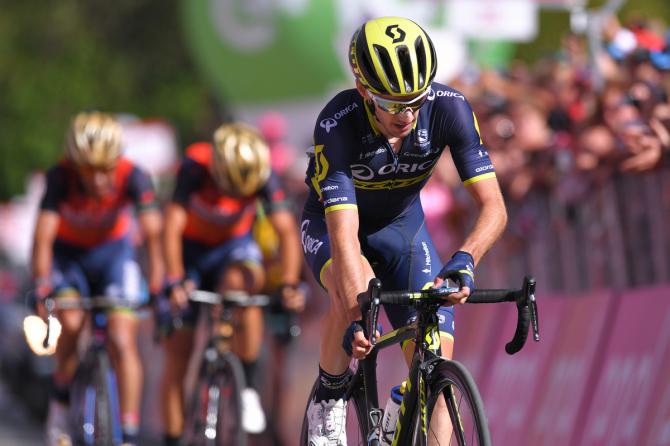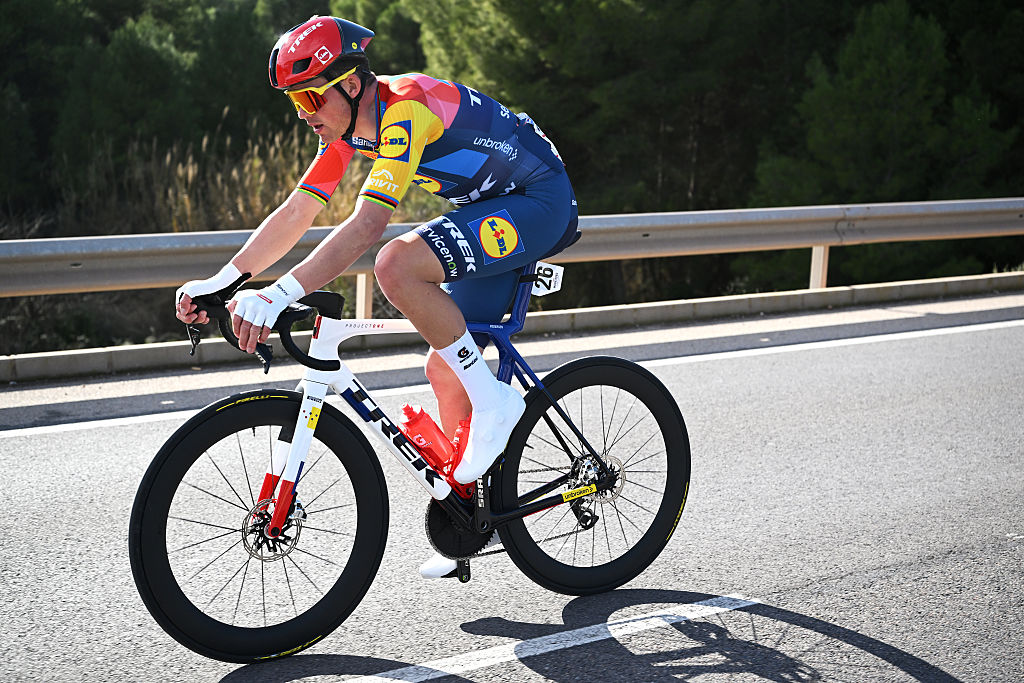Robert Millar's Giro d'Italia analysis
Looking back at three weeks of pulsating racing
The latest race content, interviews, features, reviews and expert buying guides, direct to your inbox!
You are now subscribed
Your newsletter sign-up was successful
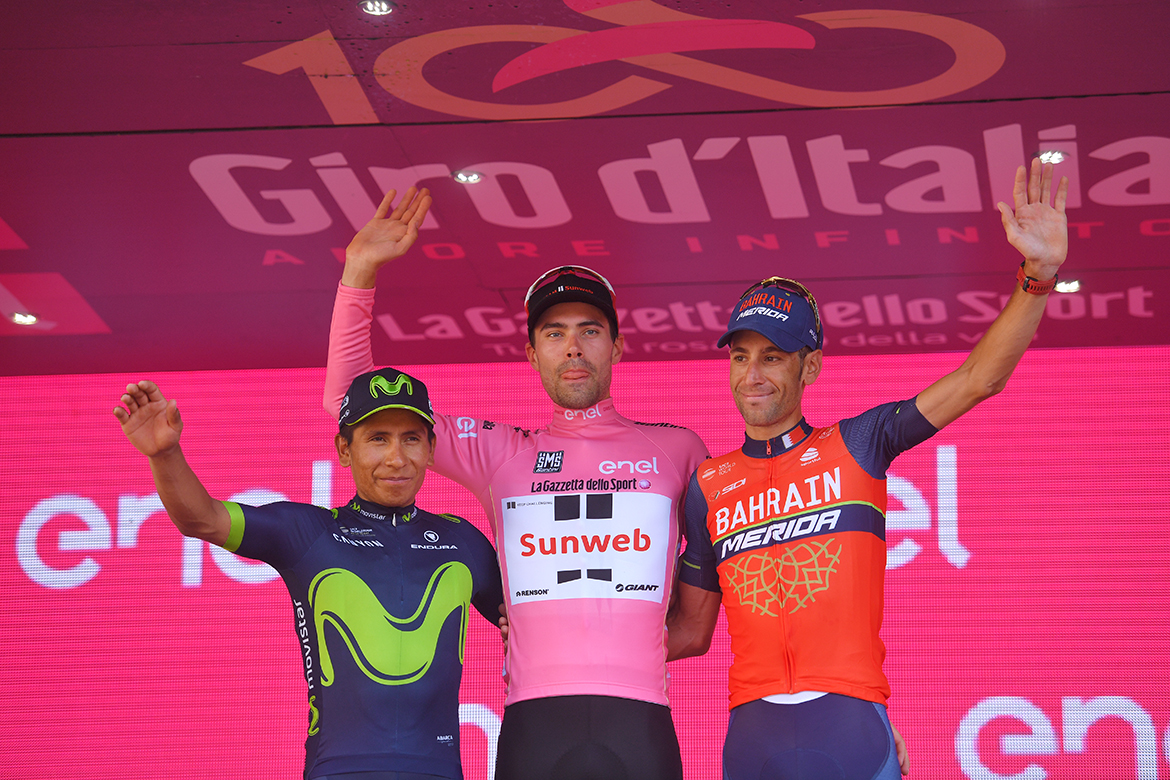
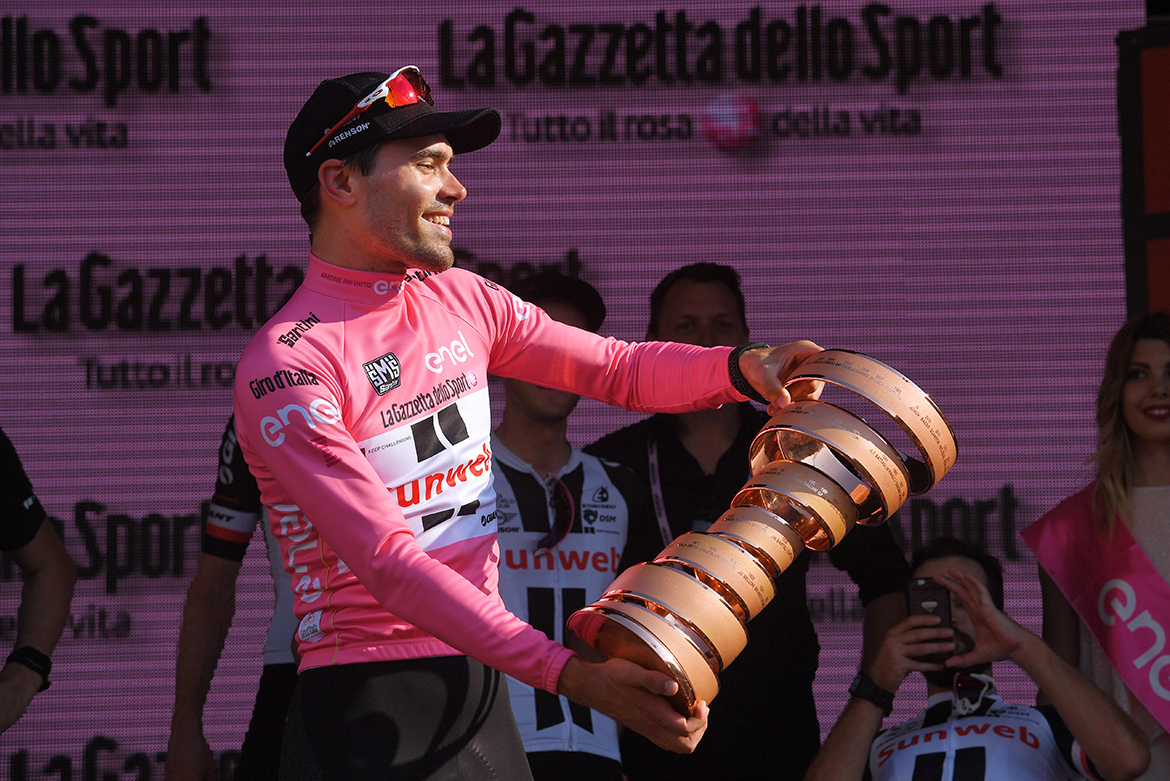
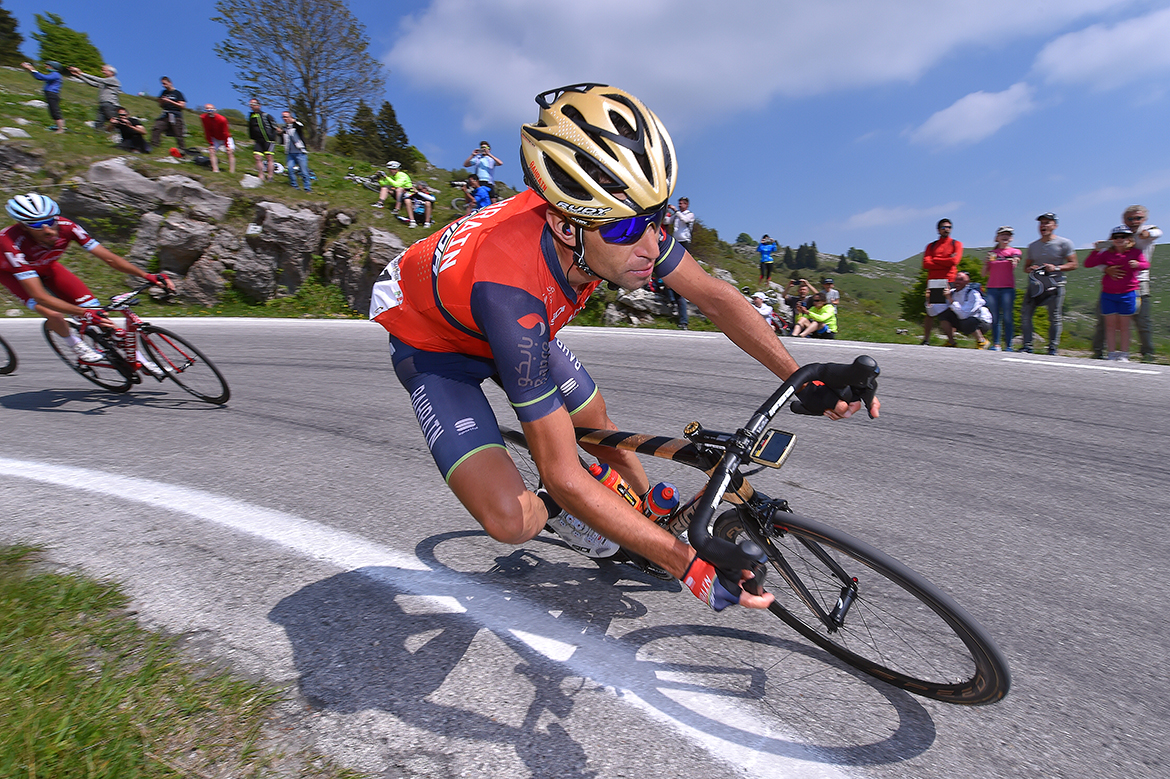
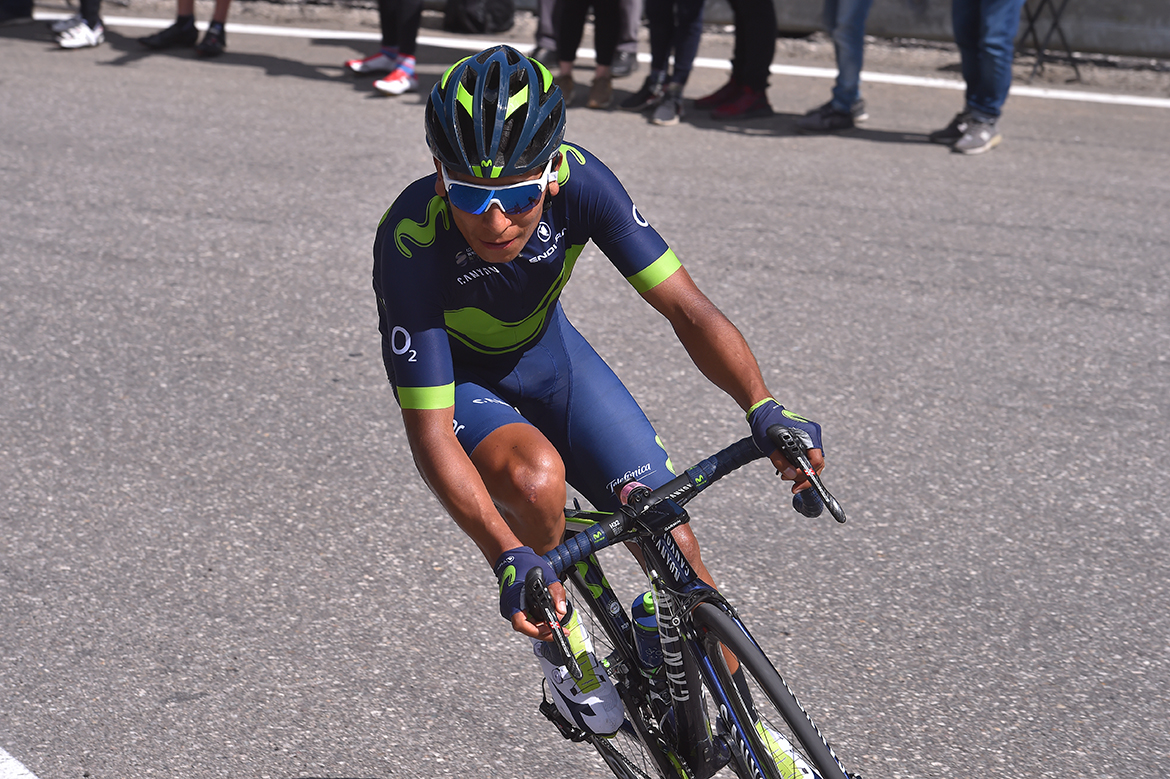
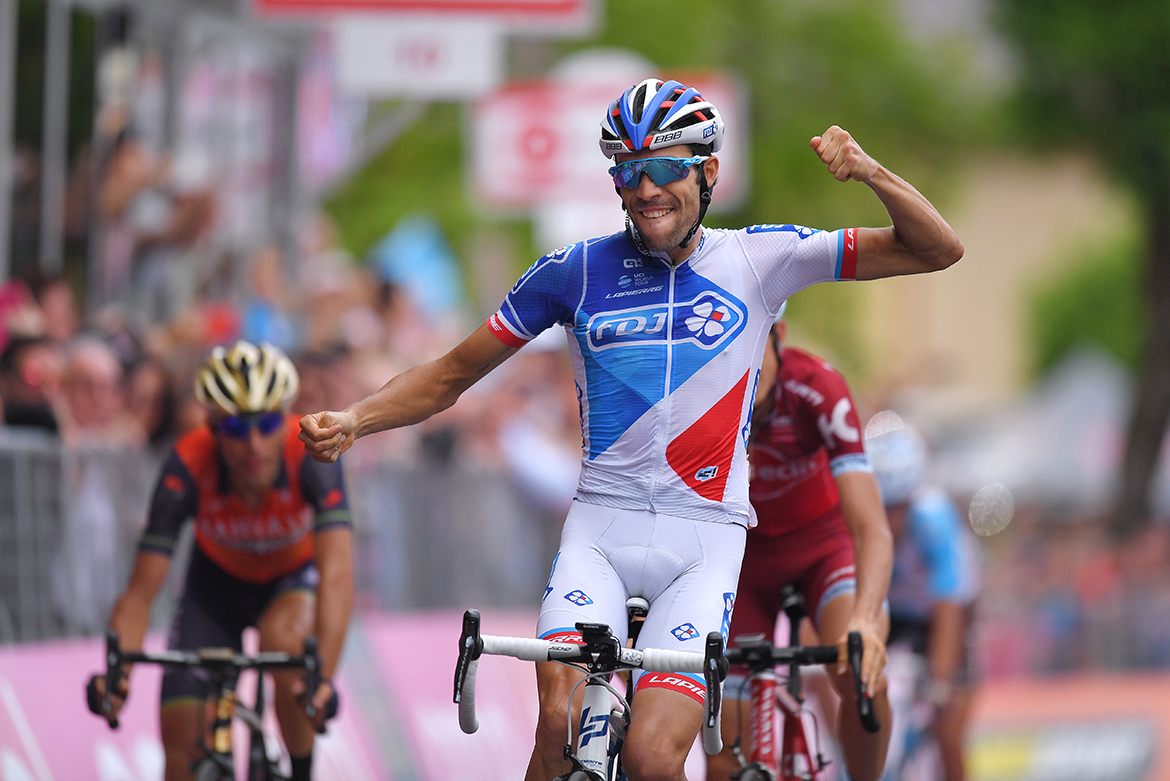
After what many have described as the best Grand Tour in recent memory, Robert Millar looks back at the last three weeks of racing in his Giro d'Italia analysis.
Tom Dumoulin wins the Giro d'Italia
Quintana: 'You can't always get what you aim for in a bike race'
Giro d'Italia: No regrets for Nibali after finishing third overall
Tom Dumoulin's pink Giant TCR Advanced SL - Gallery
Gaviria and Jungels headline Quick-Step Floors' Giro d'Italia success
Dumoulin honoured but still humble after Giro d'Italia victory
Tom Dumoulin (Sunweb)
There's no other place to start than with Tom Dumoulin and his Sunweb colleagues. Coming into the Giro d'Italia, the Dutchman was a relative outsider for the overall win, but the weeks since the race began in Sardinia he stepped up to join an elite caliber of definitive GC contenders. He was strong from start to finish and on his bad days still nearly had enough to stay in touch with the likes of Vincenzo Nibali and Nairo Quintana. What impressed me most, and what will stand him in good stead in the future, is the quick gains in experience he now has. He learned he needs to be as just ruthless as his rivals and that's vital for his future. His team showed a lack of knowledge occasionally in how to manage their resources and maybe they need wiser directeurs in the cars. They they certainly need more back up riders as they were stretched beyond their limits too often but they got away with it due to Dumoulin's form and the others failing to exploit every opportunity.
RCS Sport
Before we get onto the other riders we must applaud the race organisers on the route they served up. Perhaps the original intention was to attract a certain Team Sky leader (ahem) but what RCS Sport brought together was a beautifully constructed race which led to the first four riders on GC being in with a chance of lifting the centenary trophy on the last day. That's the stuff that race organisers - not just fans - dream of. Having no team time trial certainly helped and the individual tests were just about the right length to keep things interesting. There weren't many super steep slopes or silly goat tracks picked for novelty value and the spectacle was all the better for it. This was about the racing.The tifosi might have wanted more Italian success but that's not really a criticism the home organisers can do much about.
Vincenzo Nibali (Bahrain Merida)
He spared his Giro d'Italia and Italy's blushes by winning in Bormio and taking third on the podium but this wasn't the Nibali we know and love. He fought in the last week with pride, courage and sheer pain-filled stubbornness, and there were glimpses of occasional brilliance, but they were rare. As ever, Nibali was tactically excellent, it's just that the legs weren't obeying orders from the head, and the infernal tempos set by Movistar removed any chances for his trademark attacks. Still, he wasn't afraid to risk everything in the mountains, and while it was his time trialing that made the podium possible, he deserves credit for his role in an excellent Giro.
Thibaut Pinot (FDJ)
The Frenchman came into the race talking the talk but was left gasping for air by the end of the second week, despite some impressive early performances. By the time the third week rolled around he had finally caught his breath and was one of the strongest riders, but by then there was too much to do. A couple of average days in the mountains and some lackluster time trials rides weren't great but they weren't fatal to his ambitions, and for FDJ the fact Pinot was still in for the win on the last stage will be very satisfying. After a couple of shaky years in terms of Grand Tour GC riding, we've finally seen confirmation that there's been some slow and steady progress. He can win a Grand Tour in the future, of that I'm quite confident.
Bob Jungels, Fernando Gaviria and Quickstep
Most of their success came in the first half of the race so it's perhaps easy to forget how much of an impact they had on this year's Giro but QuickStep were immense and once again have delivered two young riders with the caliber to become true superstars. Gaviria took four stage wins and made it look easy, proving Mark Cavendish's prediction from a few years ago that the Colombian had the talent. As for Bob Jungels, he put in a very steady and consistent ride to take a stage, a top-ten and his second white jersey in as many years. He rode with a maturity beyond his years, showing he may well be the next big thing in stage racing too.
Nairo Quintana and Movistar
Just because you're the pre-race favourite doesn't mean you have a pre-ordained right to pull on the maglia rosa at the end of three weeks of racing and but for the stage to Blockhaus, where Quintana dropped everyone and rode into pink, he never really showed his best climbing legs. Quintana had to rely too often on his Movistar collective, who dictated the pace and the GC tactics for long periods. Looking at how he took time on Dumoulin the analysis shows it was a rarely a personal effort, with long periods sitting behind Anacona and Amador as they buried themselves. Second in the Giro is nothing to be sniffed at but tactically you have to question Movistar and if setting a high tempo without big accelerations was the best way to deal with Dumoulin.
The latest race content, interviews, features, reviews and expert buying guides, direct to your inbox!
Mikel Landa & Geraint Thomas
Team Sky's prayers were answered with the climber's jersey and a well-earned stage win after the Blockhaus crashed ended their Giro GC aspirations. However it could well have been three stage wins if the Spaniard had been a tiny bit fresher against Nibali and van Garderen and picked his sprinting line a little better, but having to do mountain-top sprinting in order to fight for the KOM jersey does come with consequences. Landa's clearly an intelligent rider so interest in him will be high if he doesn't stay with Sky and with his contract up at the end of the year, he certainly has a choice to make.
As for Geraint Thomas, we'll never know if the Sky rider had the form to challenge Dumoulin for the win. His time trialing was likely to have been better than Nibali, Quintana and Zakarin and he was climbing as well as Pinot before the race, but whether that would have been enough for him to remain a challenger after three weeks of racing will remain an unanswered question. He'll be at the service of Froome for the Tour de France and that rules out a Vuelta appearance, meaning it's a long way until the 2018 Giro d'Italia. The route might not suit him next year too but that's bike racing for you. What we do know is that the Welshman has done enough in the last few months to deserve another shot.
Ilnur Zakarin and Katusha
There's a feeling of desperation to the Russian's racing. Some days he would be so impressive and yet there were the others were he was distanced just when you were duped into expecting more. He somehow manages to look like he's an accident waiting to happen and unless he learns to descend, or just corner, his GT ambitions will be limited to top fives – and that's assuming it's always dry. The team showed they would do anything, employ any tactic to succeed and much like their rider you are left wondering if they have any friends.
Adam Yates (Orica Scott)
The learning process continues for the young Englishman and he was remarkably consistent in his first Giro outing. There were no moments of brilliance, no moments of despair either, and while he was maybe not climbing as well as he was at last year's Tour de France, he was present and correct when he needed to be. This bodes well for the future and if it wasn't for Bob Jungels' improvement and huge chunk of time lost in the motorbike crash then he would have had another young riders trophy at home to add to his Tour de France success from last year.
Bauke Mollema (Trek Segafredo)
The charming Dutchman never really got going and as he admitted after Sunday's time trial, he wasn't at his best over the last three weeks. He saw the race happening but wasn't able to be involved in any decision making on any stage – although he came to Dumoulin's rescue on the final mountain stage with a few key turns. Mollema could just about follow the big attacks, however the feeling is that if he lost the wheels he would have been in real trouble. His time trialing was average and though his Trek team were excellent that failed to raise Mollema's level or initial form.
Domenico Pozzovivio (AG2R La Mondiale)
The pint-sized Italian promised so much but somehow managed to be dropped just when he started to look comfortable and then came to the fore when the climbs didn't really suit him. He was consistently inconsistent in that sense and yet there's something remarkably likeable about him. A fine top-ten performance despite his time trial limitations and he did well to hold off a number of challengers who would have expected to finish above him in the final standings.
Tejay van Garderen (BMC Racing)
The American came into the race as one of the outside favourites and left with a consolation stage win to save a little bit of face, however any thoughts of GT status have diminished considerably. Despite the thoroughbred appearance and obviously trying all the options, big race program, light race program, altitude, no altitude, none of that seems to make any difference to his eventual demise. It's looking more and more likely that the one-week race is his limit.
Robert Millar was one of the last pure climbers of the Tour de France, winning several stages in the mountain stages and finishing fourth overall in 1984. He is also the only English speaker to have ever won the prestigious polka-dot jersey climber's competition jersey.
Millar retired in 1995 but has continued to follow the sport closely. He was often critical of the media and quickly cuts through the excuses and spin to understand why and how riders win and lose.
